After a COVID-impacted 12 months in car retail placed unprecedented demands on the Ben automotive benevolent charity's support channels, AM caught up with fund-raising director Matt Wigginton.
How would you sum up your charity’s activities?
We help people who work, or have worked, in the automotive sector navigate life’s challenges. Ben was founded in 1905 to help tyre workers who’d fallen on hard times. Today’s clients could work for finance houses, dealerships, suppliers or global manufacturers.
What services do you provide?
We support people with their health and wellbeing. Much of our work focuses on the here and now. Dealing with immediate issues, often around health, finance and job security. Mental health issues can impact anyone at any level, and we don’t want anyone from our industry to face life’s toughest challenges alone. We also provide ongoing and flexible support at our residential care homes, day centre and retirement village.
What are your biggest challenges?
Recognising that everyone is different, that support must always be tailored to the individual and understanding that deeper and more serious issues often lie behind a seemingly simple inquiry.
What was the immediate impact of COVID?
It made us invisible. Not to just the people we were so eager to reach, but right across the industry. We could no longer make people directly aware of our services, and the fund-raising events which do so much to raise our profile and boost our finances were cancelled. We expected an immediate influx of calls, but it seemed the Job Retention Scheme eased the initial pressure for people with concerns about income.
What happened during lockdown?
Calls increased dramatically. Overall by 28%, but inquiries about mental health were up more than 50%. Many callers also had much more complex, critical and urgent challenges than would be typical. The number involving people thinking about suicide or self-harm went up relentlessly week after week. Inevitably, although our staff are tremendously experienced and committed, the steadily rising caseload increased the pressure on them.
What happened when the retail sector went into furlough?
We rely heavily on employers to share information, but inquiries dipped because they were finding it harder to reach their people and understand how they were feeling. Initially, calls were split between money and mental health, although relatively low level issues such as stress, anxiety, sleep deprivation and depression.
What happened when Covid restrictions were tightened?
There was a marked shift . People who contacted us were often suffering more severely, and their thoughts were very much around suicide and self-harm. Typically, these issues weren’t new, but the callers had bottled their feelings up until they became overwhelming and they felt they had nowhere else to go.
How did you respond?
We took time to reflect on what we did and how we did it. We overhauled our approach, particularly with regard to mental health. We also adopted new services, notably around life coaching. Our industry has always been male-dominated and it’s certainly not one for navel-gazing. If someone rings, our staff can’t just start talking about mindfulness as the caller will likely not have heard of the concept.
What has been the impact of the latest lockdown?
Winter months always see an increase in calls. Christmas and New Year, in particular, are times when people suffer from loneliness and isolation. We had the expected spike, but again, thoughts of suicide and self-harm were an ongoing theme. Suicide is the biggest killer of men under the age of 50, and we can’t say often enough that it really is ‘good to talk’. Our resources were really stretched, so we increased the digitalisation of our services and launched fast-track access to our Silver Cloud platform, allowing people to manage their own mental health and wellbeing online. Inevitably, our care homes have faced the same immense challenges as the healthcare sector. They’re an important element of our operations, so it’s great everyone there has been vaccinated, and more than two-thirds of the staff have also had the jab.
Are callers from all niches within the industry?
Historically, Ben has been well known among manufacturers and in the retail space, but we’ve also seen a steady increase in calls from the aftermarket, finance sector, auction houses and insurers – it’s a trend which isn’t slowing.
Are you managing to rebuild finances?
We launched the ‘Rallying Cry’ campaign to highlight the £1m shortfall we were facing and there was an amazing response. As of this week, donations have passed £550,000. If we raised another £200,000 that would be tremendous, but to be honest, we’re all delighted at the amount which has already been promised.
How will your model change?
Initially, we were worried about how our head office staff would manage working from home, but, as other sectors found, it went very smoothly and we’re likely to make that permanent. We’re also seeing how much more work can move to a digital format, without diluting the personal contact, empathy and one-to-one support which underpins everything we do.
Author: Ian Halstead

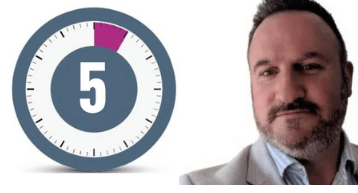

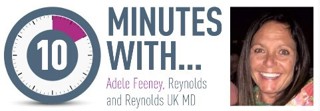
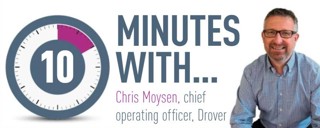
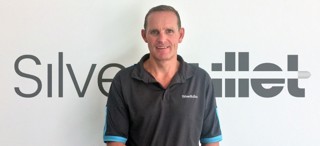
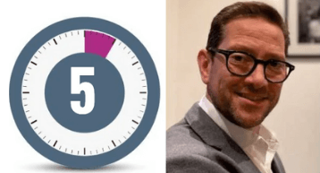












Login to comment
Comments
No comments have been made yet.